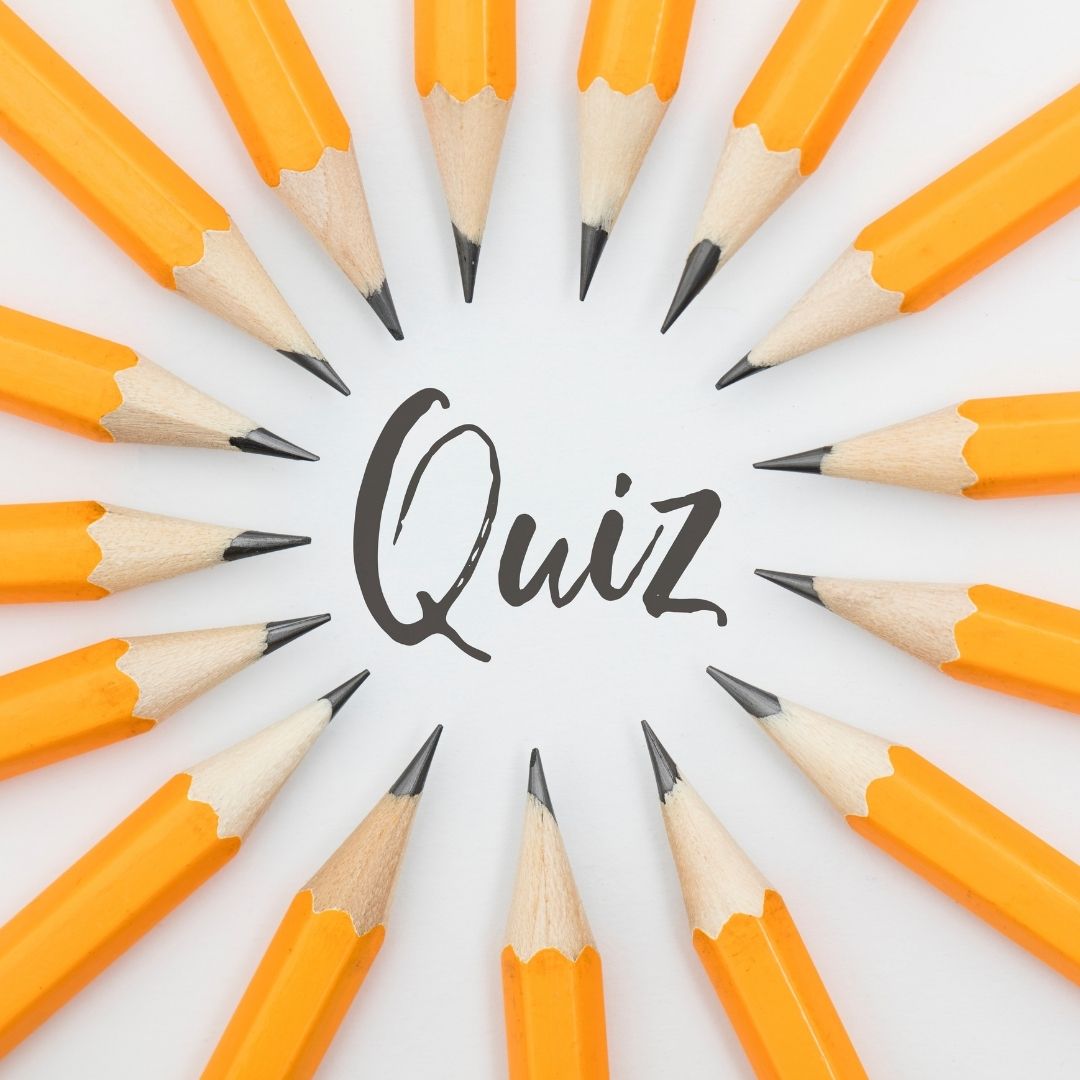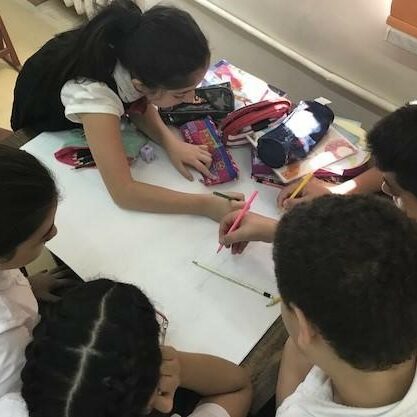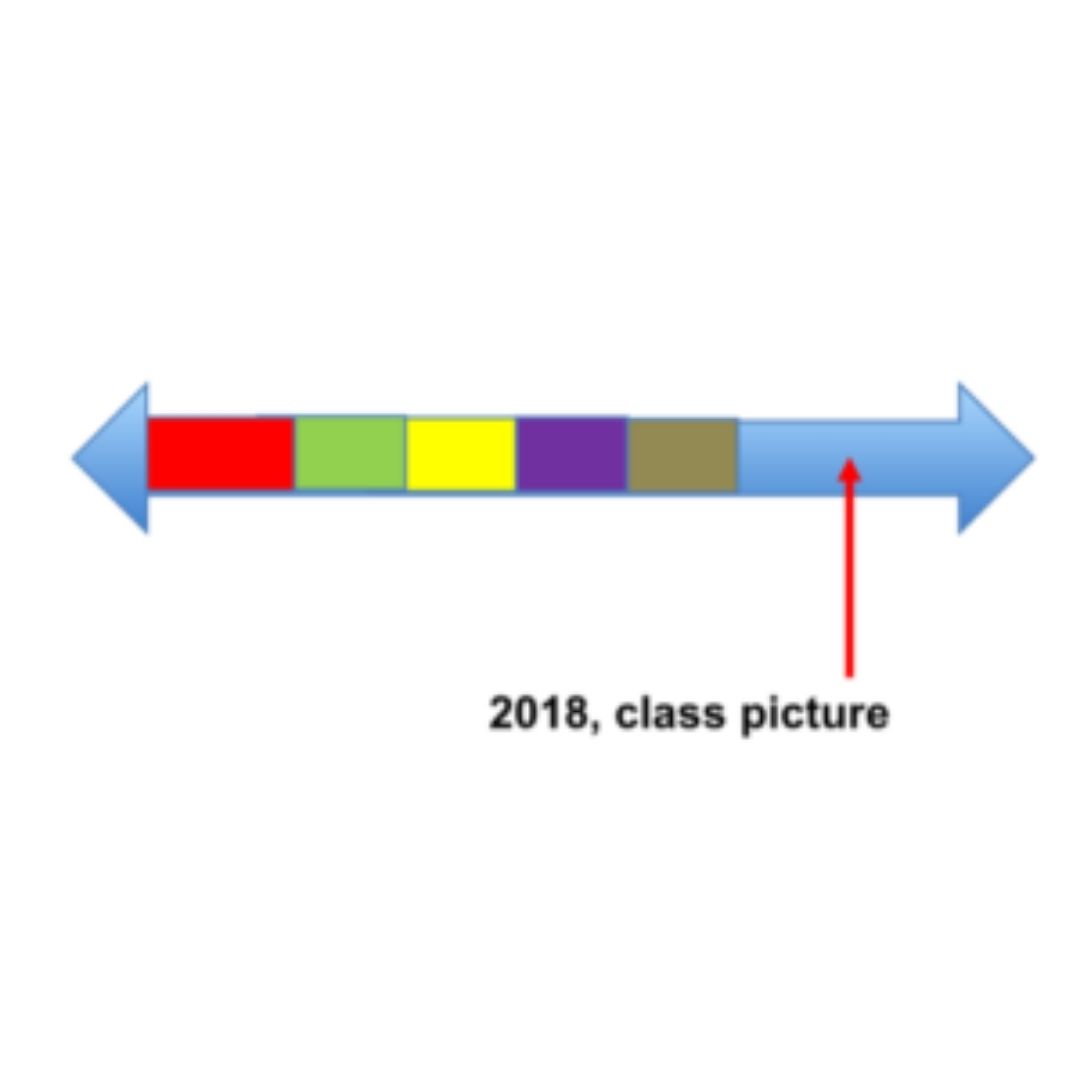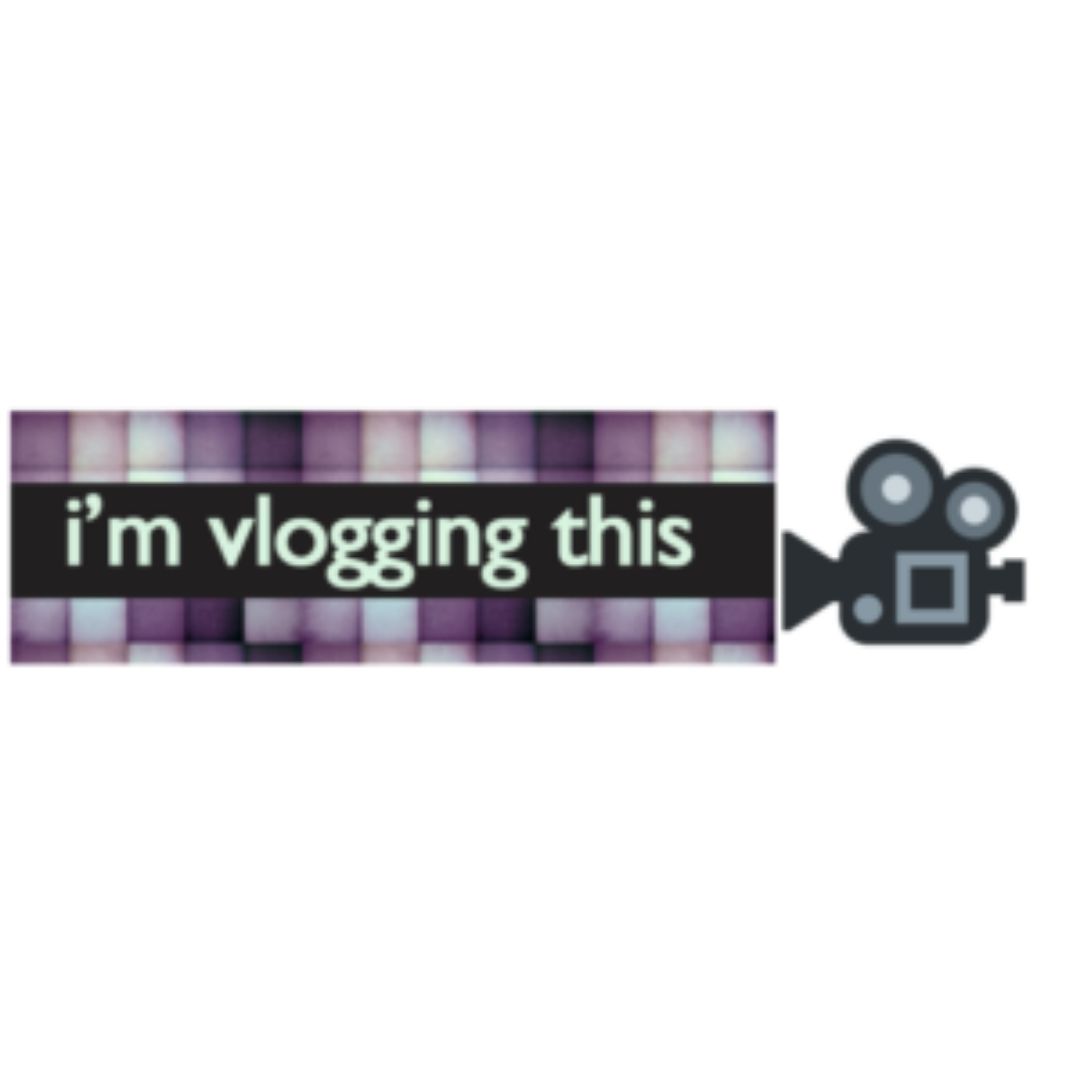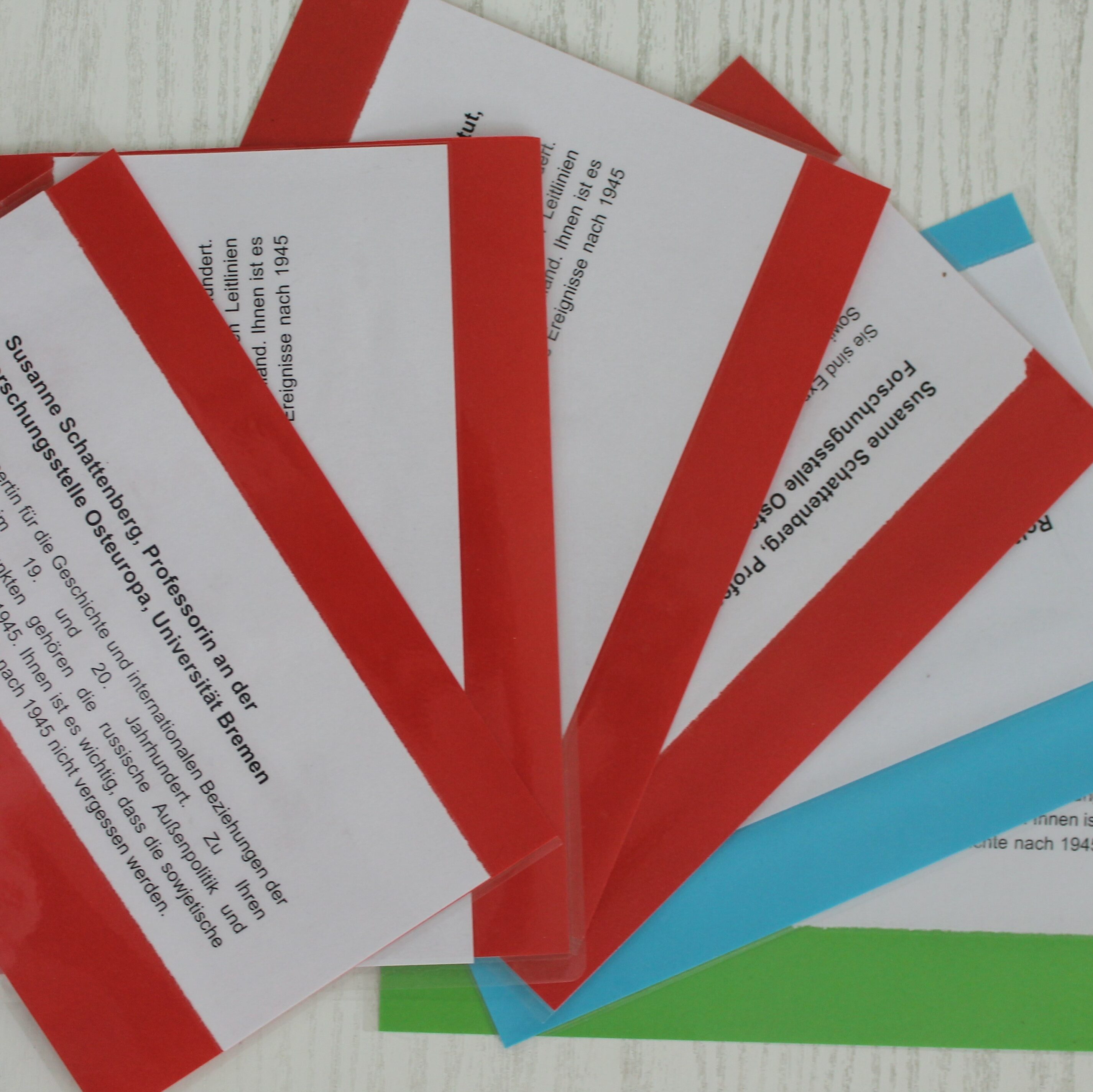The Period seen through the Eyes of an Individual. Ukraine and Europe 1900-1939
In 2000, while submitting the project, we wrote that Ukraine was one of the new states in Central and Eastern Europe that is building a new identity and a new position in Europe. School history was made a key topic in the Ukrainian process of nation building. This choice gave history also the position of the most politicised school subject. In the project “New Times, New History” we looked into this role of history education with focus on contributing to stability and democracy in Ukraine, especially regarding the different regions and ethnic and linguistic communities within the country, but also regarding the relations with the neighbouring countries. The school history textbook, History of the Epoch. The Period seen through the Eyes of an Individual. Ukraine and Europe 1900-1939, which is the result of this project, mirrors these specific elements.
Download the full publication
Contributors
Local coordinators:
Iryna Kostyuk, Polina Verbitska.
Authors:
Serhiy V. Bilonozhko, Yuriy S. Komarov, Viktor O. Mysan, Andriy O. Osmolovskyi, Olexandr Zaytstev.
Ukrainian Consultants:
Dr. Tetyana V. Ladychenko, Prof. Dr. Olena I. Pometun, Prof. Dr. Yuri Shapoval, Prof. Dr. Olexandr A. Udod, Raisa Yevtushenko.
Ministry of Education of Ukraine:
Dr. Pavlo B. Polyansky.
International Experts:
Tony McAleavy, Richard Dargie, Christa Donnermair, Julia V. Kushnereva, Duncan Toms.
History Educators:
Lyudmyla M. Mala, Olexandr V. Starukh, Lyudmyla I. Kalinina, Olexandr A. Bilous’ko.
Dutch Ministry of Foreign Affairs:
Meie Kiel, Kateryna Bardadym, Jos Uyterlinden.

Silent Learning: the use of Quizzes to motivate and assess participation and learning in the classroom

Silent Learning: the use of small-group learning and sharing to ensure full participation in the classroom

Imagining a past that is no longer there: the use of interactive timelines

HistVlogs: taking information at face value vs. perspective taking

Using Cards to Understand History

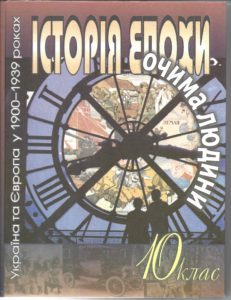

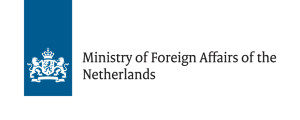 MATRA Programme
MATRA Programme
